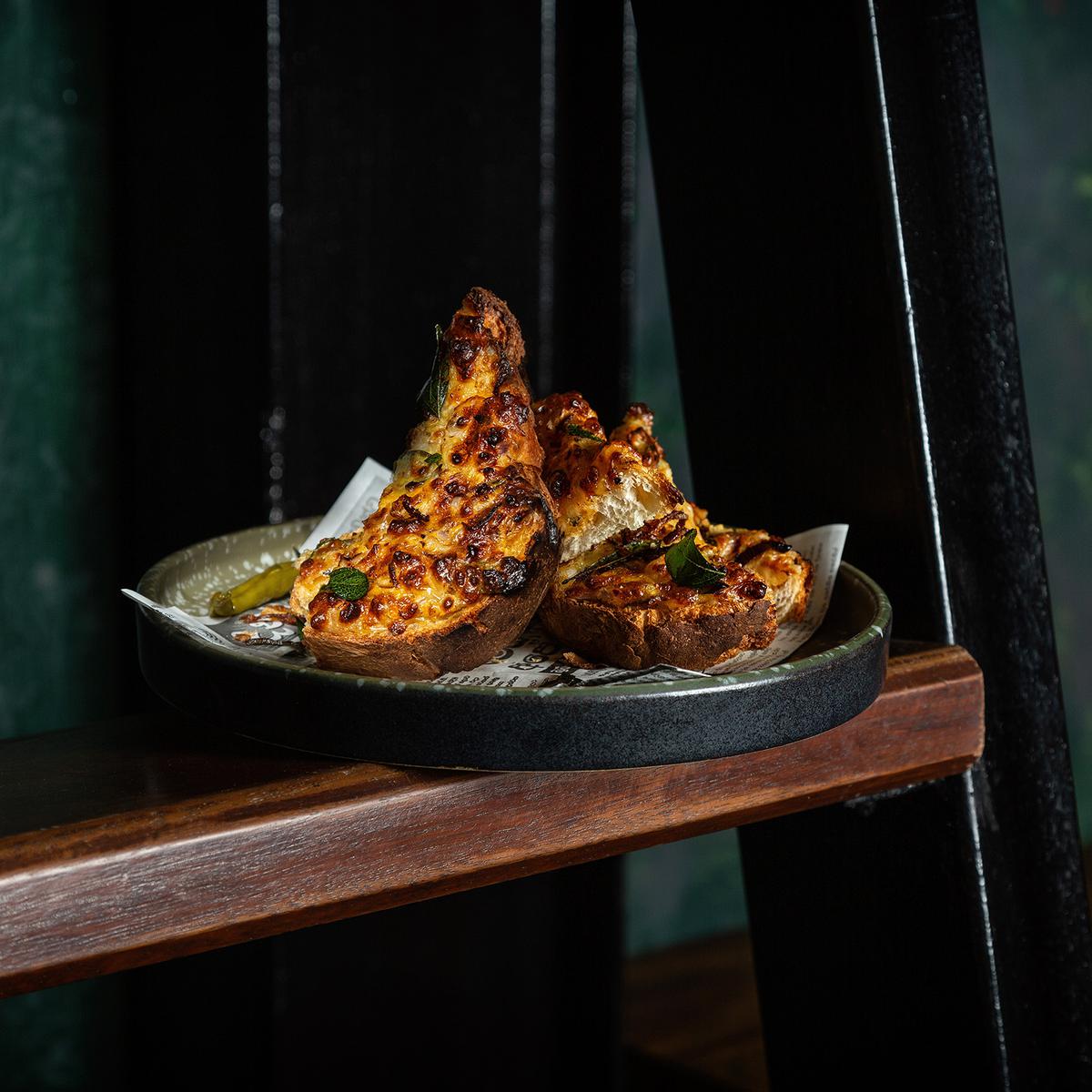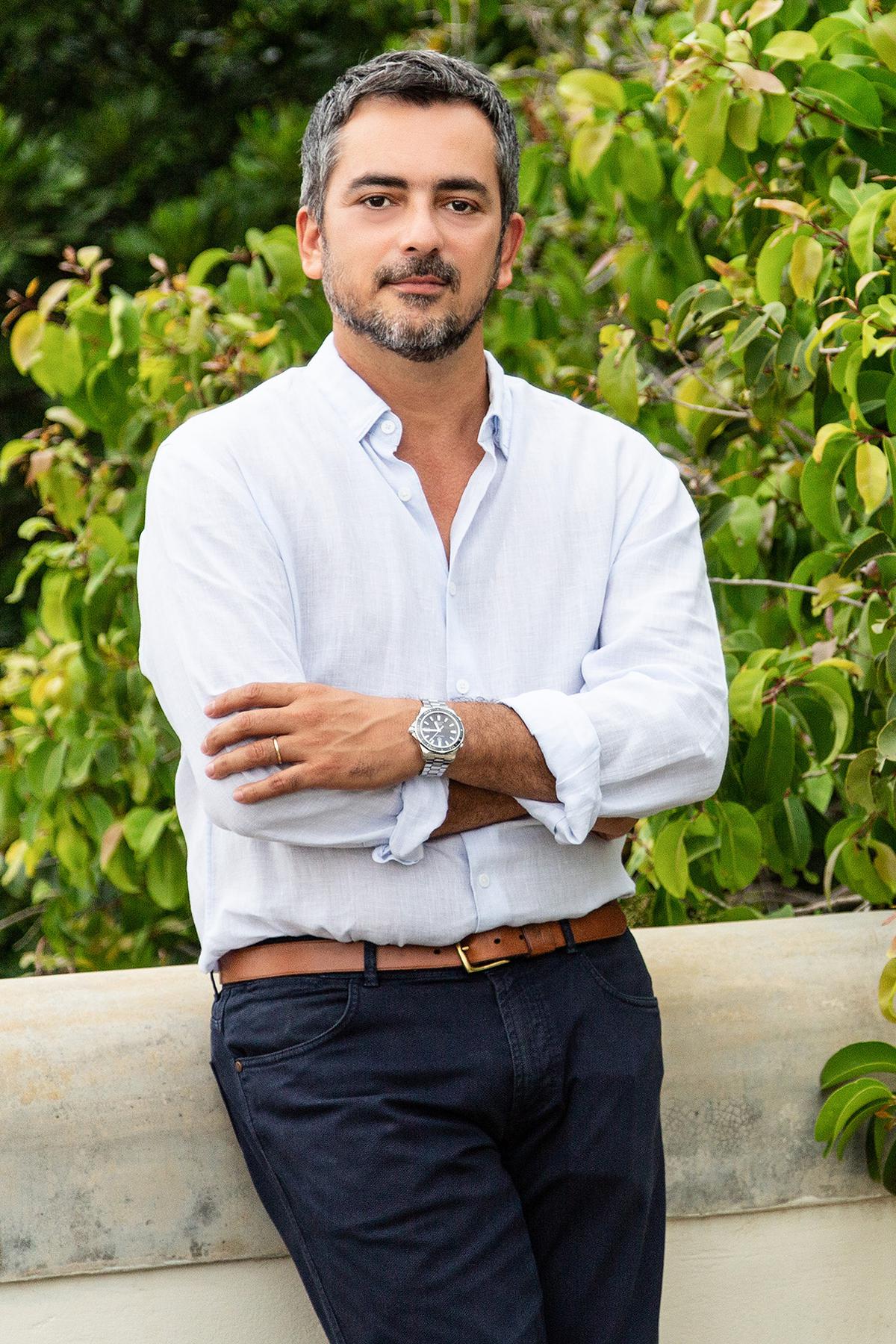Despite power cuts, fuel shortages and protests from citizens, Sri Lanka continues to welcome tourists, as hotels and restaurants innovate to stay open. Should you travel now?
When the lights go out at the Ministry of Crab in Colombo, the candles twinkle. Irrespective of the power cuts, diners continue to tuck into Sri Lanka’s famous sweet mud crabs, slathered in garlic and butter. Chef-restaurateur Darshan Munidas says, “When the power came back, everyone clapped. “It’s an inconvenience, yes. But people are very understanding now. And we want to be open.”
Housed in the bustling Dutch Hospital, a renovated heritage building in the heart of Colombo, Ministry of Crab has been named among the top 50 restaurants in Asia and is usually packed with tourists and locals, serving around 250 people a day. does. As Sri Lanka’s economic crisis intensifies amid fuel shortages, power cuts and anti-government protests in the country, panicked tourists are canceling tickets and holidays in the beautiful island nation.
However, as far as possible on the ground, it is business as usual.
what to know before you go
Petrol bunks are surrounded by queues of patiently resigning drivers who are now used to the practice: one line for autos, one for cars and one for bikes. While tourists usually drive across the country, it can be easy to limit your movement so that you don’t get hit by a lack of fuel. Petrol is now a little easier than diesel.
While most luxury hotels can keep their lights on for now, resorts and home stays swell through power cuts, which are usually three to four hours, but have been known to go as long as 13 hours. Hotels may turn off additional lifts to save energy.
The locals are warm and hospitable, brought in by business tourists. The Indian rupee goes a long way, allowing you to spend – and tip – generously.
As always, check the situation on the ground before you travel.
“We are grateful for all those who are still coming,” Darshan says. “We, as a company, have shown resilience during this dark time. Yes, there are physical limitations: lack of electricity, fuel and gas… but whatever we have, we are prioritizing our guests.
As supplies of imported products have run out, restaurants are being forced to rethink menus, but luckily for Darshan, their focus is on freshly caught, local crabs. However, like most other businesses, they have been forced to raise prices to compensate for rising costs. They also recently introduced a dollar menu, as the value of the Sri Lankan rupee now fluctuates from day to day. “We are also testing a multi-currency system like a duty-free shop,” he says.
Outside, the hustle and bustle of the city is punctuated with horns, now beat to a familiar rhythm that has become the sound-track of the protests: ” Kaputa Kak Kak Kak”, began while talking about a viral video clip of Finance Minister, Tulsi Rajapakse. Kaputas,’ or crows, hitting a plane. Though there is a steely determination and undeniable anger in the air, the protests – centered around the new ‘Gotagogama’ village in the beautiful Galle Face – swirl together with creativity and a shrewd sense of humour.
Kaputa Kak Kaki Cocktails by Bar Uncle
Even local businesses are enthusiastically diving in: Uncle, a popular city bar, has recently introduced Kaputa Kak Kaki The cocktail which, according to their lively Instagram handle, is a prime blend of “Bacardi Black, Charcoal, Fresh Pineapple and Basil… Basil… Basil”.
Every evening, as the sun sets in a fiery burst of pastel colors that lightly permeate the sky, Galle Faces vibrant in an intoxicating burst of energy with drums, music, protest art and a parade of slow-moving cars draped in Sri Lankan it happens. In Jhande Taj Samudra, which has a sweeping view of the ocean, and now most of the action of Gotogamma, Pankaj Sampat, regional director and general manager of Taj Samudra and Kiran Busari, hotel manager, discusses how the country’s hospitality industry is deteriorating in the current crisis. , which has come on the heels of the pandemic.
big picture
“Sri Lanka is an international destination for Indians at domestic prices,” says Pankaj. Once the civil war ended, Sri Lanka was poised to become one of the best holiday destinations in the world thanks to the variety of accessible experiences on offer, along with affordability and traditional hospitality. However, the country, for which tourism is an important income generator, suffered a major setback in 2019 with the Easter bombings, which were followed by a two-year pandemic ban. Then, this month, the cancellations started all over again.
“We started pickup from October 2021,” says Kiran, explaining that they were about 70% busy in March 2022, when guests started canceling vacations, conferences and room bookings. Occupancy is on, mostly essential travel,” he says, adding that he has made adjustments to reduce waste, such as replacing the buffet with a la carte service, and is using down time to refurbish.

Cheese Toast at Uncle
Pankaj says, however, that people familiar with the country are adamant. Like TS Prakash, who led the Indian CEOs Forum and deliberately organized a work conference in Colombo in April. As he proceeds to welcome the delegates to the serene Taj Samudra lobby, Prakash pauses to explain why. “I have lived in Colombo for 28 years. I have noticed that people are reluctant to come now, although I believe it is safe.” He said he is determined to show the country many attractions: “We now have people from all over Europe and Asia, and they are enjoying the trip.” Pankaj says, “The best way to help Sri Lanka is to come back as tourists, a whole eco system will start again – hotels, restaurants, cabs, guides, tea shops…”
Uncle’s owner Gehan Fernando, as well as co-founder of some of Colombo’s most popular bars and cafes – including Sugar Bistro, Kawa Island Bar and Sugar Beach Club in Mount Lavinia – explains how challenging the past few years have been. “The lockdown began in March as we began to recover from the Easter bombings. For almost seven months we could not work at all, and we had to take tough decisions including closing some of our places,” he says.
Is this safe? “Absolutely,” Gehan says. “The power outage may cause inconvenience to you. But the country is progressing, people are living their lives, children are going to school, people are going to work… I don’t think Sri Lanka has ever been as united as it is at present. And I find it very inspiring.”

Gehan Fernando, who proudly runs the local Uncle Bar
He says, “Our industry has become so resilient – you still see people outside, people are still spending money in certain areas and restaurants – but overall it is on its knees. There are many challenges: electricity One of the major issues is LPG is getting harder to source, prices are skyrocketing and unavailability of ingredients… However, our local customers have been very supportive. They understand our challenges, and ask us to raise the prices. Why is it forced?
Restaurants are now focusing on local menus, so ingredients are easier to source. At Uncle, Gehan says, the focus has always been on highlighting local food and drink, a decision that is now paying off. “We serve what you would find at a typical local bar – cheese toast, puppy Cock…”
With Toddy on Tap, Uncle proudly showcases the Sri Lankan spirits and produce in its cocktails, such as the Island Sour with Halmila Arak, Coconut Toddy Mojitos and the Old Fashioned Enya Malu, with Caramelized Banana and Arak : All served with cassava chips and canned prawns. Besides, of course, that Kaputa The cocktail, which Gehan says is doing great: “We sold about 70 yesterday.”
Although the menus are small, Sri Lanka is still striving to give visitors a memorable holiday. “Yes, the place is struggling, but people are keeping their doors open,” Gehan says. “But Sri Lanka has never been more affordable for tourists… and we have never needed tourists as much as we need them now.”